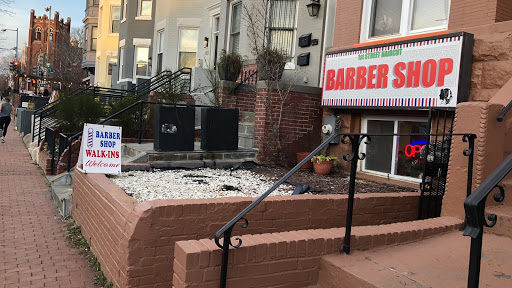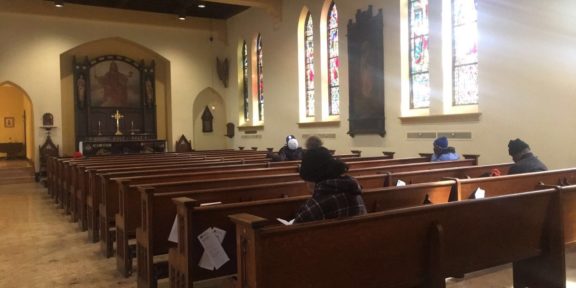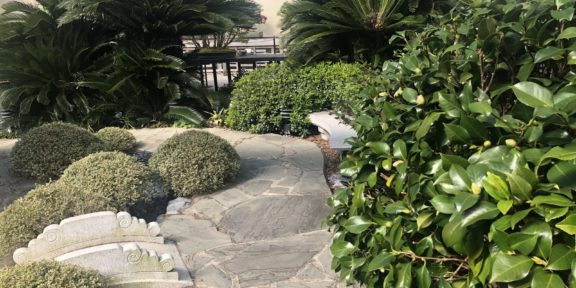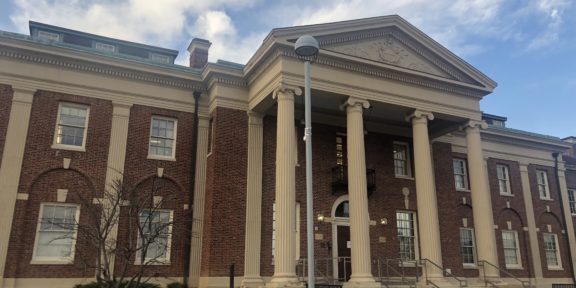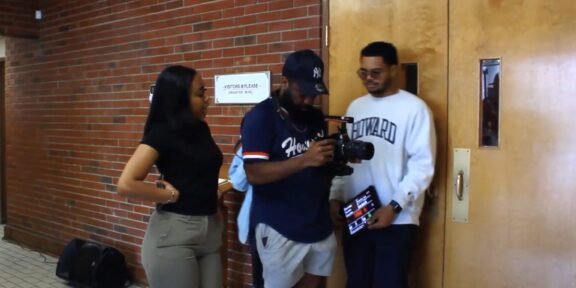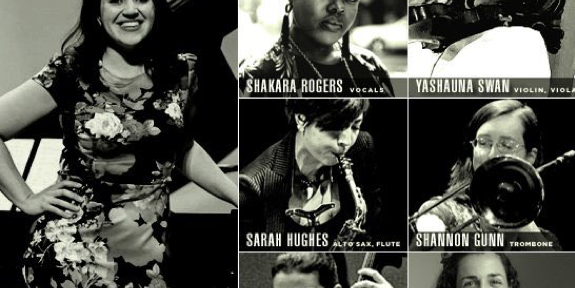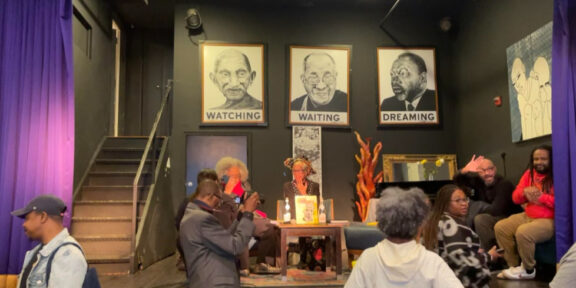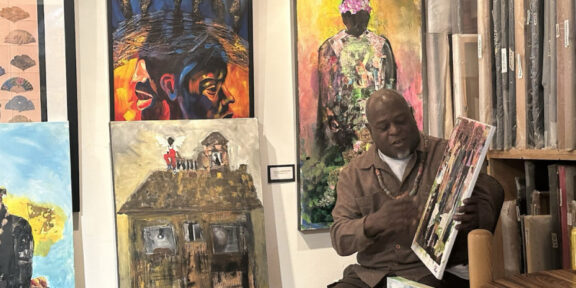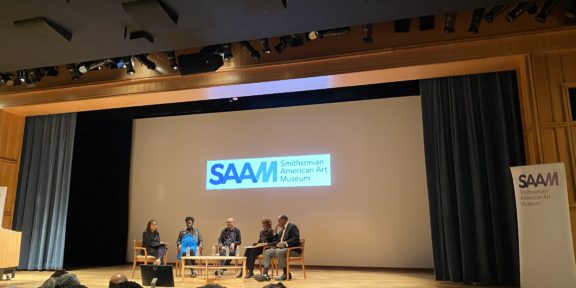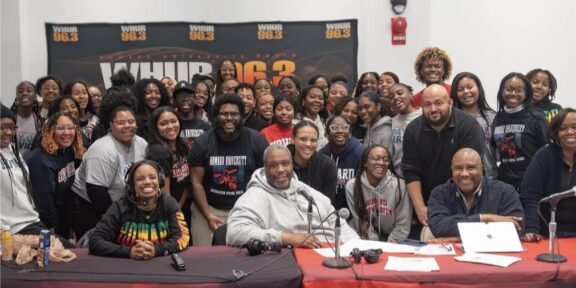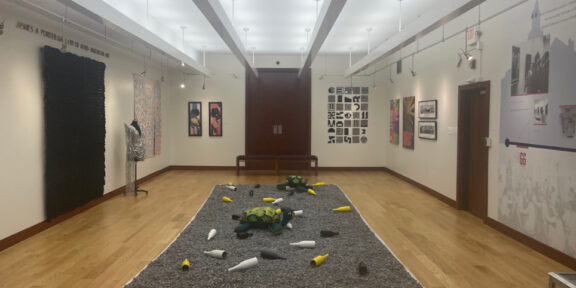As the last dismissal bell rings, a string of fresh-faced, giggly black boys walks into the learning room of Life Pieces to Masterpieces excited to create art.
LPTM is an organization that provides different opportunities to young African-American men ages 3 to 25. They give young black men an outlet to express their inner emotions and individual trauma through artistic expression. LPTM is located in Ward 7 in the nation’s capital, known as one of the most underprivileged neighborhoods in D.C. As violence in parts of the city trend downwards, crime in Ward 7 — often drug or gang-related — continues to rise.
According to the Metropolitan Police Department as of January 25, there have been 2,191 crimes reported to the police department this year. By the end of 2018, 160 people were murdered in the District, a 39 percent increase from 2017. These types of crimes are also more prominent in wards 7 and 8. In 2018, 35 people were killed in Ward 7, and 13 children in the District died by homicide.
According to the Metropolitan Police Department as of February 6, there have been 90 violent crimes reported to the police department since January 1, 2019.
Those statistics are a reason Life Pieces to Masterpieces plays a vital role in Ward 7. This organization gives young men something positive to do as opposed to being in dangerous areas in Ward 7. Life Pieces to Masterpieces is on a mission to “save” as many young men as they can from violent crimes.
19-year-old Da’Quann Glosson has been apart of LPTM since the age of six. He says the program gave him a break from everything going on outside of the walls of Life Pieces. Glosson said, “Everywhere I looked there were people that I could look up to, young and old.”
Glosson’s story is not unlike the stories of other participants in the program. Many young men in the program have been exposed to trauma at young ages.
Mental health specialist Montrella Cowan said, “young black men most times do not realize that they are traumatized. They begin to form unhealthy coping skills by looking at the behavior of the men around them.”
Judith Herman of Trauma and Recovery said, “Cultural expectations that young Black men remain emotionally tough and silent despite the trauma they may have experienced, and deal with the effects alone, can contribute to the symptoms of anxiety, irritability, and hostility.” LPTM is helping young men reverse the effects of their trauma.
“Most young men are not able to be leaders in their community, but this is a place for people to be leaders,” Glosson remarked.
Glosson was raised in a single parent household. While growing up, Glosson learned valuable lessons from his grandmother but understood that there was a difference between “a woman telling you how to be a man and a man showing you how to be a man.” Glosson credits LPTM for giving him access to positive male role models.
Although Life Pieces to Masterpieces has accomplished several things, there is still one thing that does not sit well with Operations Manager, Maurice Kie. The crime rates continue to increase in Ward 7. The staff of LPTM is continuously looking for different approaches to tackle crime in Ward 7. Kie says the organization understands that to reach at-risk young men, they will need more than art supplies.
“Our staff creates lesson plans and a curriculum to better serve our apprentices,” says Kie. LPTM is continuously working towards incorporating more leadership conferences and exploring different cultures. There is an emphasis on Saturday experience trips. Kie believes that these Saturday trips to the museum or even to the movies is providing students with an experience that they can cherish.
LPTM is eager to add more volunteers to its ranks. Most of their volunteers are white women from George Washington University. Now there is a push for African-American volunteers. The organization seeks to find young black men and women who have beaten the odds.
African-American volunteer, Isaiah Hug discussed how LPTM gave him a space to be around more African-Americans. “These kids come from a completely different walk I do and half the problems these kids worry about I never do, but we are similar in so many ways as well.”
Glosson hopes to continue the legacy of Life Pieces. He believes that the job of helping young black men have a better future is never complete. “There are young men who want someone to show them that they care and we are more powerful together than we are seperate,” Glosson remarked.

